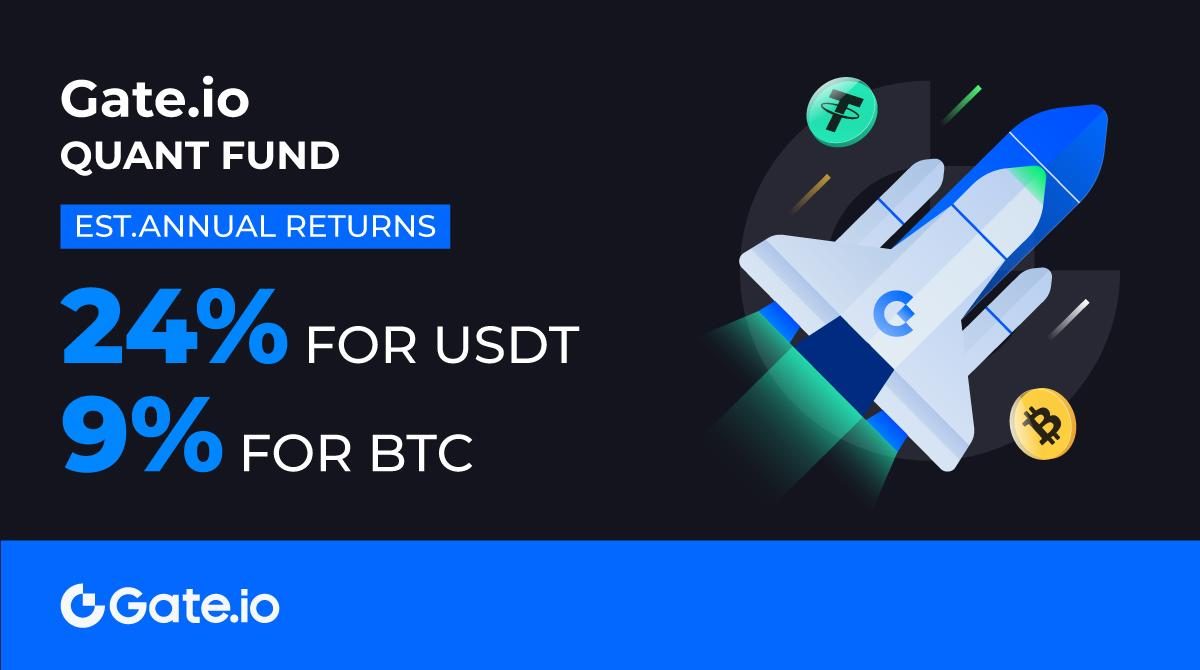Understanding the Derivatives Market
The Derivatives Market is a financial market that deals with financial instruments that derive their value from an underlying asset, such as a cryptocurrency, fiat currency, or commodity. Traders in this market can engage in speculation on the future price of the underlying asset or use derivatives to manage their risk.
Within the Derivatives Market, there are two primary types of contracts available. Options provide individuals with the right to buy or sell an underlying asset at a predetermined price, but they are not obligated to do so. On the other hand, futures contracts require the completion of the transaction on the expiration date.
Furthermore, there are two other common types of derivatives known as forwards and swaps. However, it is important to note that these derivatives are not regulated and are not traded on regulated exchanges. Forwards are non-standardized and unregulated futures contracts, while swaps involve an agreement to exchange financial obligations.
Many of the leading cryptocurrency exchanges also operate as derivatives markets. The growth of derivatives is considered by some as essential for the widespread adoption of cryptocurrencies. For instance, the introduction of Bitcoin futures by the Chicago Board Options Exchange (CBOE) in 2017 enabled institutional investors to trade crypto derivatives without the need to hold the actual asset.
Nevertheless, it is crucial to understand that derivatives markets come with significant risks, which can be systemic. The collapse of derivatives played a role in the financial crisis. In the crypto industry, derivatives markets have faced regulatory crackdowns due to concerns about volatility and the risk of cybercrime.











